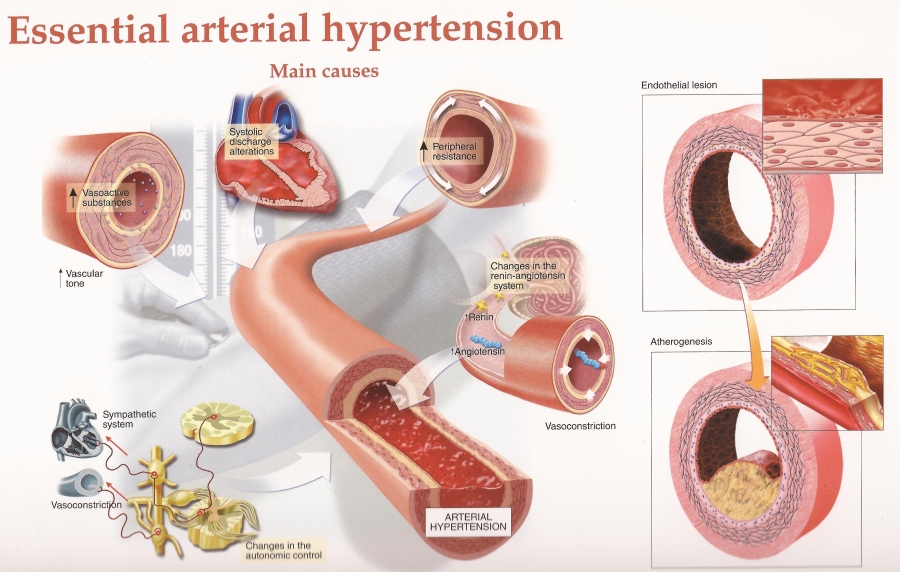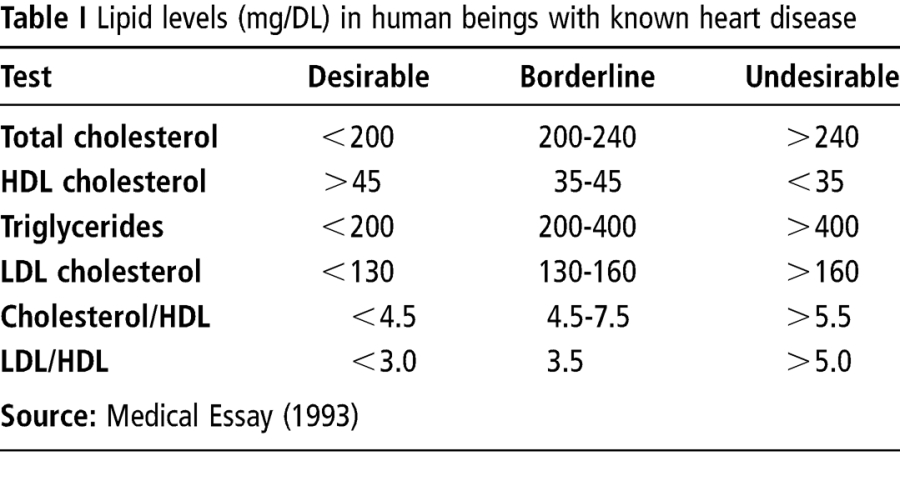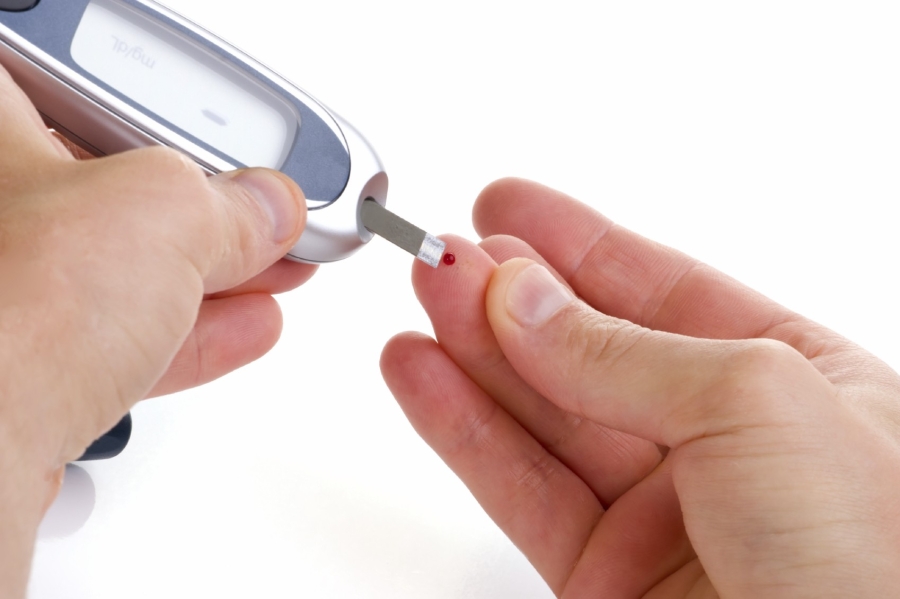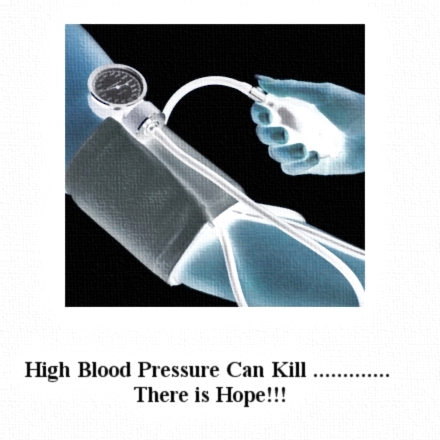Hypertension | High Blood Pressure

Hypertension
Definition: A medical condition in which the blood pressure is chronically elevated.
Blood pressure is a measure of how hard the blood pushes against the walls of arteries as it moves through your body. It is considered dangerous because it makes the heart work harder to pump blood to the body and it contributes to hardening of the arteries or arteriosclerosis and the development of heart failure.
How is Blood pressure measured and What does the reading mean ?
Blood pressure is measured using a meter called sphygmomanometer which consists of a stethoscope, arm cuff, dial, pump, and valve.
The first number, systolic blood pressure, measures the maximum pressure exerted as the heart contracts, while the lower number indicates diastolic pressure, a measurement taken between beats, when the heart is at rest.
Normal range: (Systolic)120/(Diastolic)80.
Causes of hypertension/High blood pressure:
Smoking
Being overweight
Lack of physical activity
Too much salt in the diet
Too much alcohol consumption (more than 1 to 2 drinks per day)
Stress
Older age
Genetics
Family history of high blood pressure
Chronic kidney disease
Adrenal and thyroid disorders
Symptoms of an elevated Blood pressure/Hypertension:
There may be no warning signs for high blood pressure. For this reason, high blood pressure is often referred to as "the silent killer".
If left untreated, high blood pressure can lead to serious health problems such as heart failure, stroke or kidney failure.
One may experience symptoms caused due to complications that High Blood Pressure (hypertension) causes:
Severe headache
Fatigue or confusion
Vision problems
Chest pain
Difficulty breathing
Irregular heartbeat
Blood in the urine
Who's at high risk ?
People with family history of high blood pressure.
People who smoke.
African-Americans.
Women who are pregnant.
Women who take birth control pills.
People over the age of 35.
People who are overweight or obese.
People who are not active.
People who drink alcohol excessively.
People who eat too many fatty foods or foods with too much salt.
Complications
Hypertension is a serious condition that can damage the heart and blood vessels, and can eventually lead to several other conditions:
Stroke
Heart failure
Heart attack
Kidney failure
Vision problems
Treatment
Hypertension is treated by drugs and/or by adopting a healthier, active lifestyle. A diet low in salt but high in fruits and vegetables is recommended and exercises, especially aerobics, are included as a part of a healthy routine. Since stress also plays a huge role, patients are encouraged to involve in stress reducing activities like listening to relaxing music and meditation etc.








